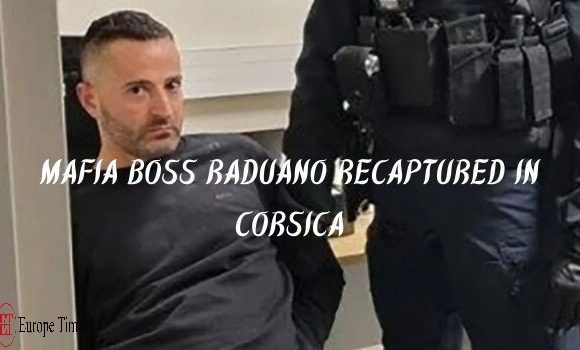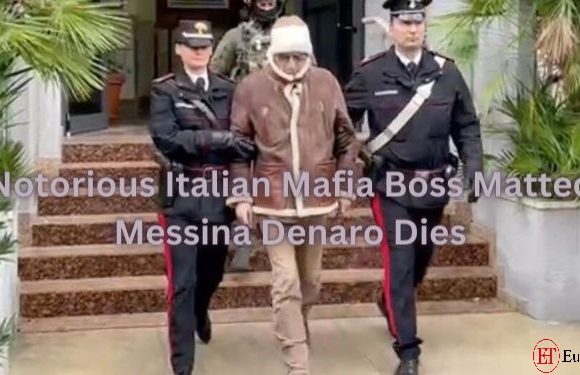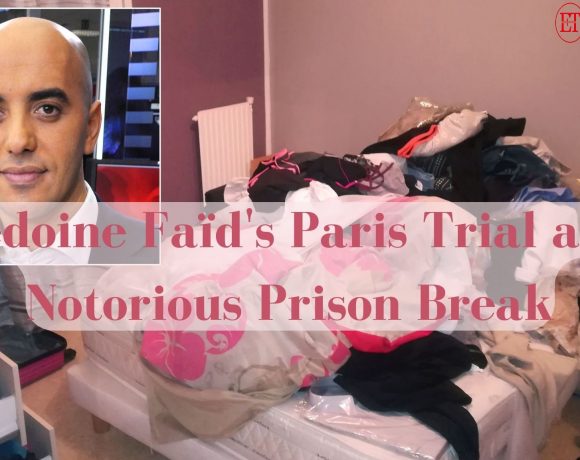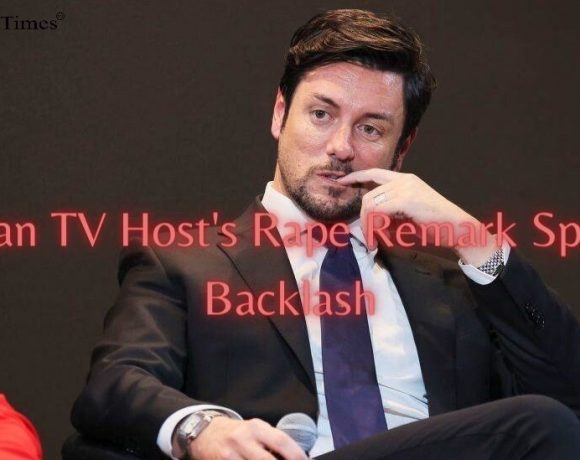
Marco Raduano, a notorious Italian mafia boss who successfully escaped from a high-security prison in Sardinia last year by ingeniously using bed sheets, has been recaptured in Corsica, France. Europol had listed Raduano among Europe’s most wanted criminals, and his capture represents a significant success for Italian and French authorities. The 40-year-old mafia leader was serving a lengthy 24-year sentence for his involvement in drug trafficking and other criminal activities.
The daring escape took place in February the previous year when Raduano scaled down the prison walls using knotted bed sheets. Footage of the escape showed him gripping the dangling sheets against the prison wall before swiftly descending to the ground and making a quick getaway. This escape had heightened concerns about the capabilities of organized crime figures to evade justice and raised questions about the effectiveness of high-security prison systems.
In a coordinated effort between Italian and French authorities, Raduano was arrested in Aleria, Corsica, where he was found dining in a restaurant with a young woman. The successful capture was a blow to the Foggia crime syndicate, of which Raduano is considered a prominent figure. Often referred to as Italy’s fourth mafia, the Foggia syndicate operates in the shadows alongside more widely recognized criminal organizations in Sicily, Calabria, and Naples.
Alongside Raduano’s arrest, his close associate Gianluigi Troiano was also detained near Granada in southern Spain. The capture of these two dangerous fugitives has been hailed by Italian Interior Minister Matteo Piantedosi as another major setback for organized crime. The collaboration between law enforcement agencies across borders highlights the ongoing efforts to tackle and dismantle criminal networks that operate on an international scale.
Picture Courtesy: Google/images are subject to copyright



